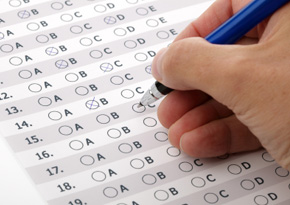The Advance Placement Program has become the leading educational excellence in the secondary schools in the United States. The program offers rough curricula and assessment to high school students. The AP result will be the basis for college courses, if you fail the courses you prefer, you will end up taking the course that don’t require a higher grade. This year alone, almost 2 million students have taken the exam, showing how necessary it is for college hopefuls.
The program started in 1955, its original intent was to provide students the opportunity to take college-level coursework and earn college credit while still in high school. Originally, AP was used almost exclusively for purposes of college credit and placement, as different from admissions.
There is a wide gap between secondary and higher education in the early part of the twentieth century. In two studies supported by the Ford Foundation, educators endorsed that secondary schools and colleges should work together to elude repetition in course work at the high school and college levels. The recommendation aims to motivate students to work at the height of their capabilities and to advance their skills as quickly as possible.
In the 1960s, the College Board activated a long-term pledge to teacher development. There was a good result as secondary school teachers had improved through the program. The number of schools that included AP to their advanced academic offerings had increased between 1970 and 1980. Over the years, the access to AP was expanded by the College Board by introducing Pre-AP Initiatives and AP Vertical Teams to aid students, targeting more the students in mid grade. The preparation for the AP at the moment has been advanced and has been in an utmost importance in most schools. Learning the history of the advance placement programs could make you understand its importance.
